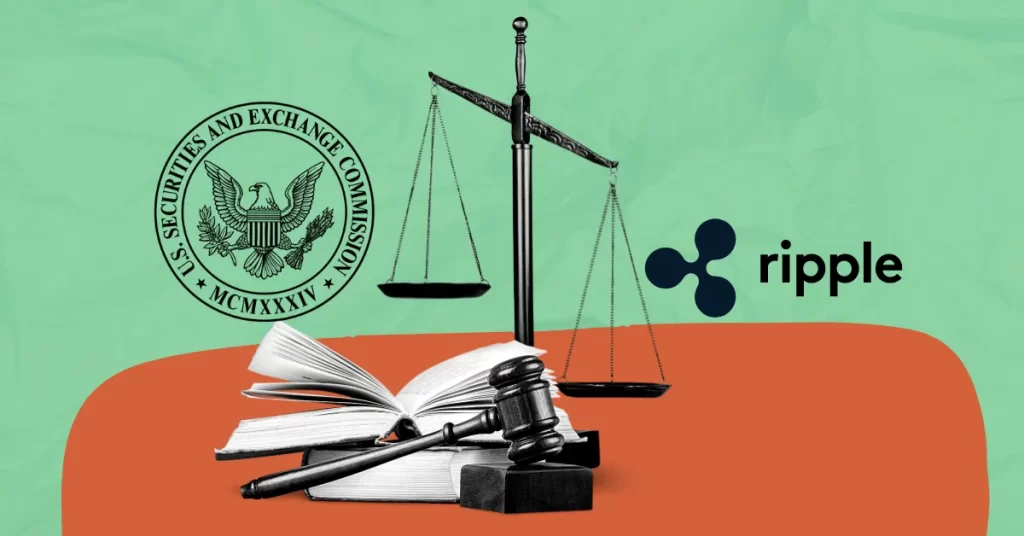
The post Ripple vs. SEC Update: SEC Accused of Keeping Key XRP Memo Hidden appeared first on Coinpedia Fintech News
In the midst of the heated legal battle between Ripple Labs and the U.S. Securities and Exchange Commission (SEC), attorney John Deaton, representing XRP token holders, has made startling allegations. Deaton claims that the SEC has been keeping a confidential document, known as the “Howey Memo,” hidden from public view, raising serious concerns about transparency within the regulatory agency.
The Hidden Memo
At the heart of this dispute lies a confidential memo dated June 2018. This document resulted from extensive discussions between influential figures at Ripple Labs and a former SEC official. The undisclosed contents of this memo could shed light on how the SEC views the classification of XRP.
Deaton’s central question is: If SEC members were referring to XRP as an unregulated investment or security in the memo, why was it not made public, and why isn’t it considered as evidence in the ongoing lawsuit? Deaton finds it suspicious that the memo does not explicitly state XRP’s classification as a security.
Significance of the Memo
The memo holds significant importance as it can be interpreted in various ways. On one hand, it may suggest uncertainty within the SEC regarding XRP’s classification as a security. On the other hand, it might indicate Ripple’s argument that XRP is not a security. Consequently, the contents of this memorandum have the potential to significantly alter the course of the legal proceedings.
Deaton takes it a step further, suggesting that the memo might not align with the SEC’s current stance and could imply that XRP does not meet the criteria to be classified as a security under the well-known “Howey Test.” This revelation has ignited considerable speculation within both the XRP community and the legal sphere.
Judge Analisa Torres’ Verdict
Furthermore, Deaton emphasizes the importance of Judge Analisa Torres’ previous ruling, which supported arguments stating that XRP token sales did not meet the criteria established in the Howey Test for determining securities. Deaton suggests that gaining testimony from former SEC officials, Jay Clayton and William Hinman could provide valuable insights into the memo’s contents and the SEC’s position.
As the legal battle rages on, the concealed Howey memo remains a mysterious element, leaving the XRP community and legal observers eager to uncover its contents and potential implications. The outcome of this revelation could prove to be a turning point in the ongoing Ripple-SEC lawsuit, with far-reaching consequences for the cryptocurrency industry.

 1 year ago
117
1 year ago
117














 English (US) ·
English (US) ·